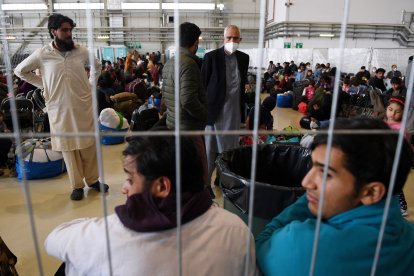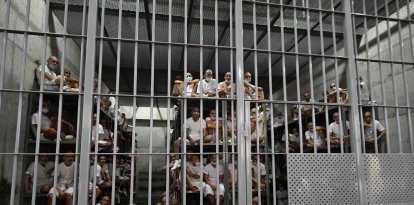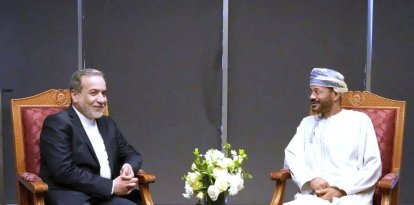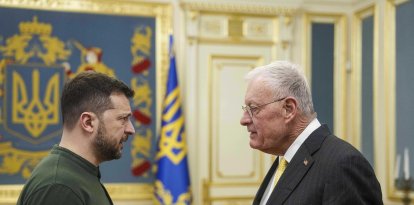Germany's incumbent government resumes taking in Afghans after elections
Despite pausing reception programs after the wave of attacks and promising to be tougher on immigration during the elections, the SDP chartered a flight with 155 people from Afghanistan.

The German government, in office after elections this weekend, has resumed flights to bring Afghan refugees to Europe. According to the German newspaper Welt, who advanced the information later picked up by the other media, this Wednesday a reception flight with 155 Afghan nationals arrived in Berlin.
The arrival of more Afghans comes after the German government paused the reception of foreigners from sensitive countries in the Middle East or Africa. This was done at election time and in the midst of heavy scrutiny of the state and its asylum and immigration policies. This focus on reception was caused by the incessant wave of attacks committed in Germany by refugees and asylum seekers from the Middle East.
It thus remains in doubt whether the pause of the Social Democratic government of Olaf Scholz was, while it lasted, an electioneering measure due to the widespread dissatisfaction with immigration in Germany. The election winner, the Christian centrist CDU party, has criticized the changes in the outgoing government's stance.
48,000 Afghans from 2021
The social tension caused by mass immigration into Germany is one of the great challenges facing the German state today. Add to this an economic crisis that has put an end to the German boom. The country has now been in economic recession for more than three consecutive years.
During the election, Islamist-motivated terrorist attacks were virtually monthly, if not weekly throughout January and February. Immigration and reception and asylum programs were in the opposition's crosshairs. CDU leader Friederich Merz, who is running as the leading candidate for the German chancellorship, made several promises in this regard during the election campaign.
The centrist promised his electorate profound changes in immigration control laws and a closing of the borders for illegal immigration. Prior to this, Germany has already reinstated controls at its borders to combat illegal immigration, allowed temporarily under the EU's borderless Schengen rules as a "last resort" measure, but not permanently.
Merz also plans to increase resources for temporary detention of illegal immigrants with the ultimate goal of carrying out deportations.
Tougher on immigration is the second political formation in number of votes and seats in the country. The Alternative for Germany (AFD) party calls for mass deportations to defend social cohesion and German identity. However, the CDU is unlikely to reach a government pact with the AFD, which is the victim of a political cordon sanitaire after being branded as extreme right-wing.
RECOMMENDATION























